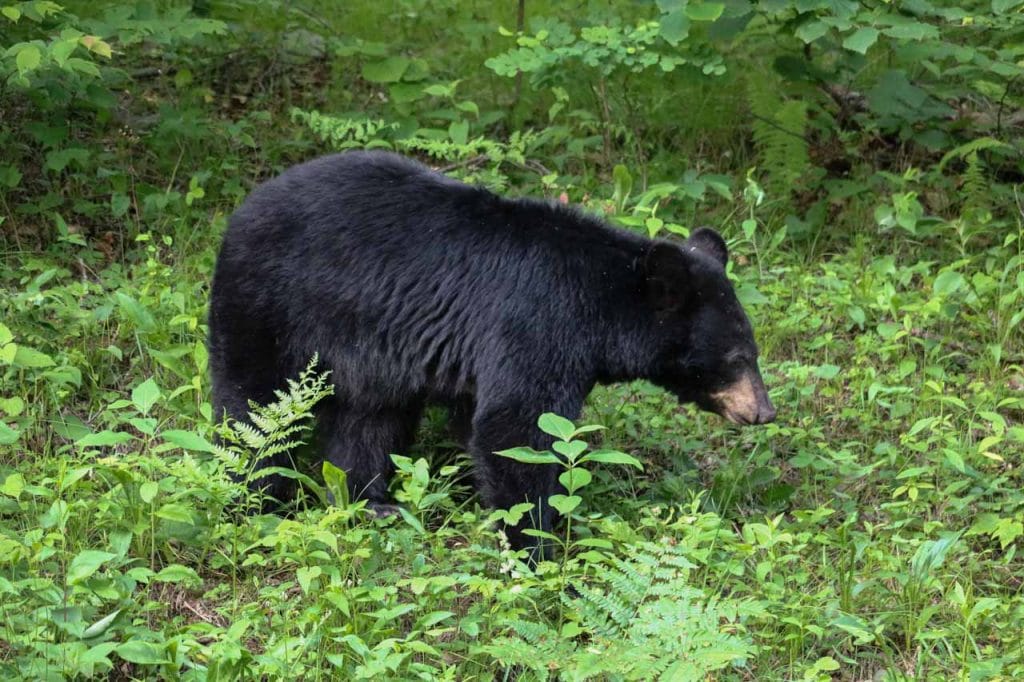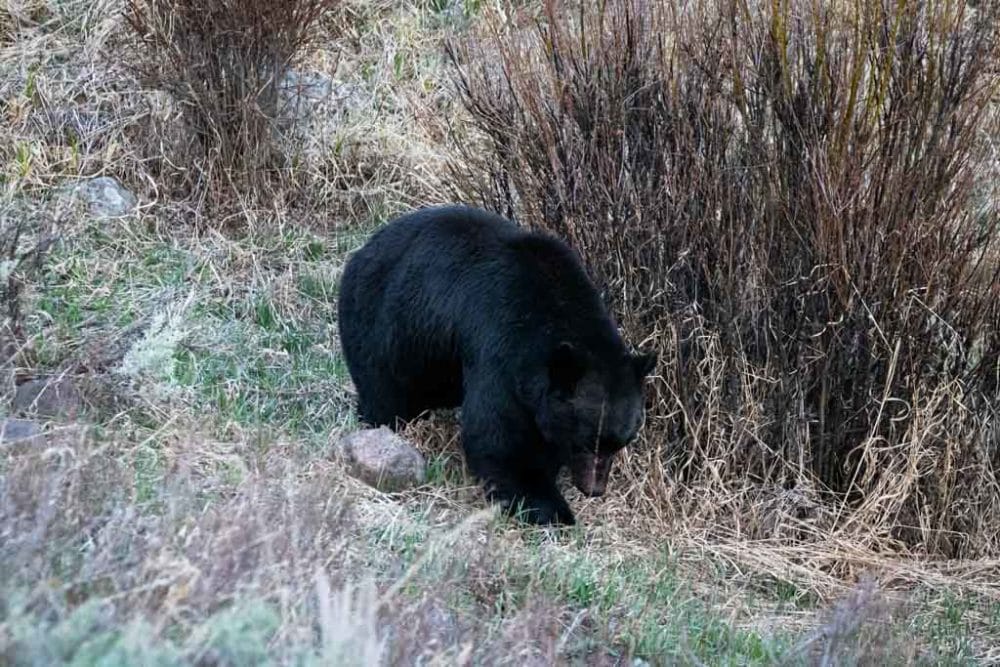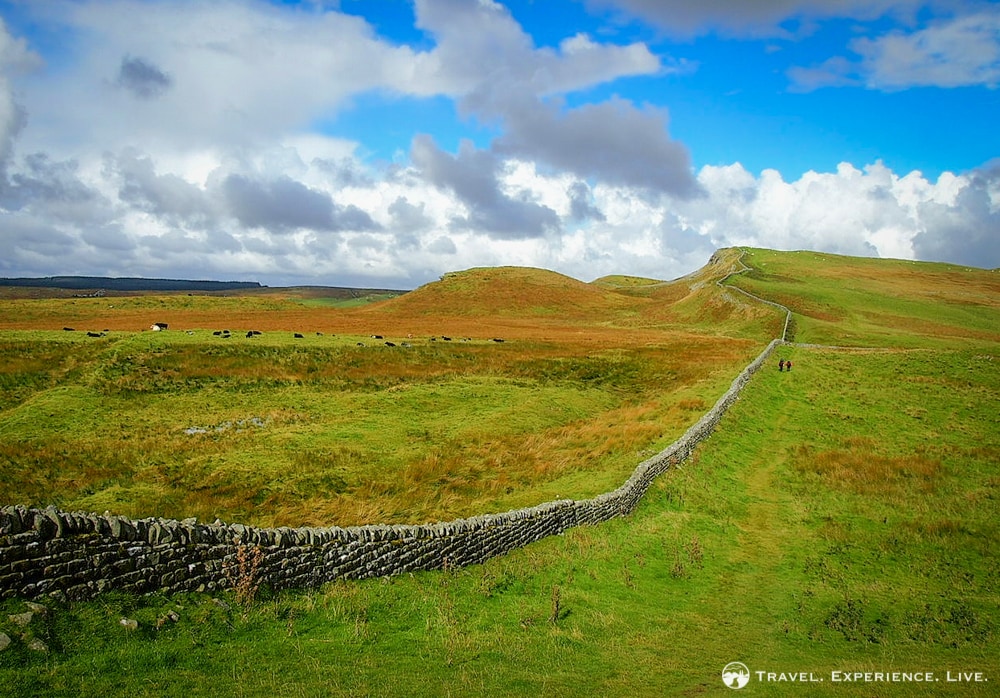Black Bear Enters Tent in Great Smoky Mountains National Park, Injures Girl and Mom
This news story about a male bear that entered a tent and injured two people in Great Smoky Mountains National Park is based on a June 13, 2022, National Park Service press release. You can read the original release here.
On Sunday, June 12, there was a bear incident at the Elkmont Campground in Great Smoky Mountains that resulted in injuries to two people, the National Park Service said.
Park wildlife biologists and rangers responded to the incident and successfully captured the responsible bear. The park said that, because of continued risk to human safety, the bear was humanely euthanized on Monday, June 13.
Black Bear Enters Tent in Great Smoky Mountains National Park, Injuring Two Campers

According to the Park Service, a family of five were sleeping in their tent at Elkmont Campground with their dog, when a “black bear ripped into the tent at approximately 5:20 am on Sunday, June 12.”
After the bear had entered the tent, it scratches a 3-year-old girl and her mother. Subsequently, after several attempts, the father managed to scare the bear away from the tent and their campsite.
The family then reported the bear incident on a note at the campground office and went to get medical attention. Both the girl and her mom sustained superficial lacerations to their heads, the Park Service said.
The campground hosts notified park officials around 8:50 am, who responded to the site right away, closing the area and interviewing the father and other campers. They also gathered important information, such as bear tracks and markers, which could possibly help to identify the responsible bear.
Park staff continued to monitor the area for bear activity and set up bear traps.
Later on, a large male black bear entered the very campsite where the family had been sleeping. It matched the physical description of the bear and showed “extreme food-conditioned behavior and lack of fear of humans.”
The bear entered the trap without any apparent concern or second thought. Biologists were able to march and identify the responsible bear based on physical measurements, descriptions and the behavior they observed.
Great Smoky Mountains National Park management said the bear’s behavior didn’t appear to be consistent with typical predatory behavior. Instead, they concluded it was a food-conditioned bear.
Due to a continued risk to the safety of visitors, the park decided to humanely euthanize the bear.
The park also said that human-bear incidents like this tend to peak in late May and June, a time when many natural foods, such as berries, aren’t available yet.
Staying Safe in Black Bear Country

Once again, the Park Service reminds visitors to take the necessary precautions, properly store food and keep a clean campsite.
“The bear weighed approximately 350 pounds, which is not standard for this time of year, suggesting the bear had previous and likely consistent access to non-natural food sources,” said Lisa McInnis, Chief of Resource Management in Great Smoky Mountains National Park.
“In this incident, the bear was likely attracted to food smells throughout the area, including dog food at the involved campsite. It is very difficult to deter this learned behavior and, as in this case, the result can lead to an unacceptable risk to people,” she said.
Black bear attacks in Great Smoky Mountains National Park are rare, but they do occasionally happen. These attacks can potentially be very serious, causing injuries or even death.
Last year, a food-conditioned black bear was euthanized in Glacier National Park for similar reasons, while an aggressive black bear attacked a couple on the Blue Ridge Parkway.
Park rangers recommend fighting back with any available object if attacked by a black bear.







